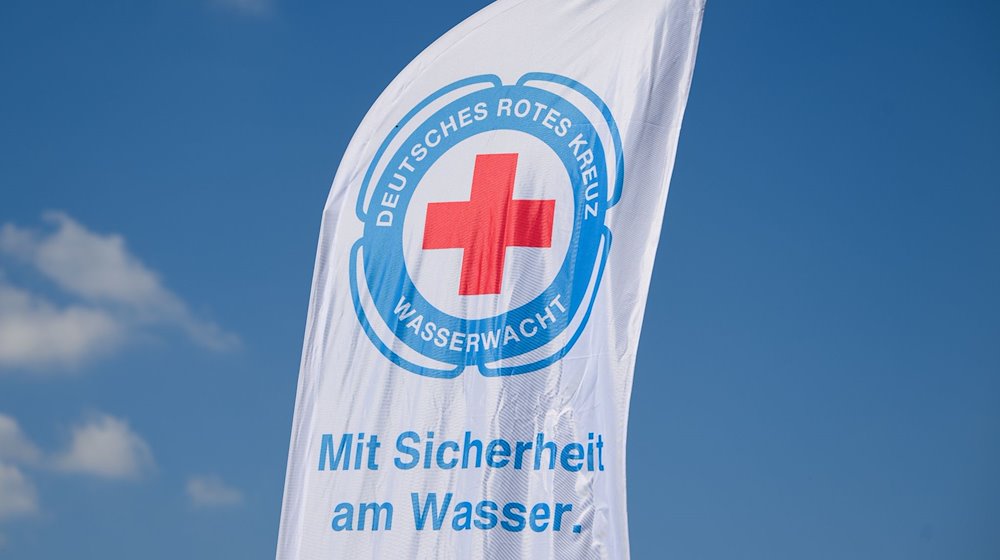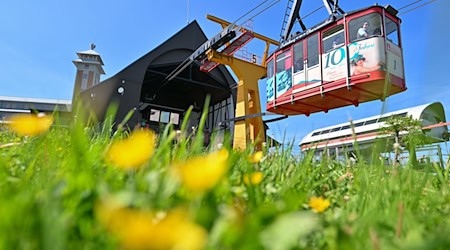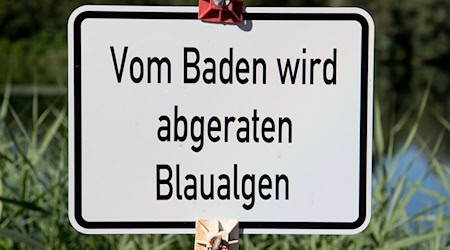The water rescue service of the German Red Cross (DRK) in Saxony warns against swimming in cold waters this weekend. "We can understand that the forecast sunny weather is inviting people to jump into lakes or rivers, but there are still great dangers involved at the moment," Kai Kranich from the DRK Saxony told the German Press Agency. The water is still very cold at the beginning of April and there is a risk of rapid hypothermia and therefore danger to life.
The treacherous nature of the cool water temperatures was demonstrated this week at Bärwalder See in Upper Lusatia: "A female kitesurfer fell into the water and became hypothermic due to her inappropriate clothing," reported Kranich. A rescue helicopter was requested, but the woman was ultimately able to save herself on the shore.
The German Weather Service has predicted record temperatures for the state this weekend. Temperatures of over 25 degrees could be reached on Saturday and Sunday. As the majority of outdoor pools in Saxony do not open until May, lakes and rivers will remain open for swimming.
According to the German Red Cross water rescue service, regular patrols at Saxony's lakes will not start until around the beginning of May. However, preparations are already underway on some bodies of water, meaning that some bathing spots are ready for use. "This weekend, however, there will not yet be comprehensive security", Kranich emphasized.
In any case, only 18 of the 32 designated bathing waters in Saxony are guarded. "As sensible as it is to convert the former open-cast mining areas into local recreation areas, safety is still lagging behind," said the DRK spokesperson.
He also called for the local authorities to become more involved in monitoring. Currently, the DRK water rescue service is mainly financed by donations. The approximately 3,000 lifeguards on duty in Saxony work on a voluntary basis anyway, but it is also about their food and equipment as well as the infrastructure.
Copyright 2024, dpa (www.dpa.de). All rights reserved










